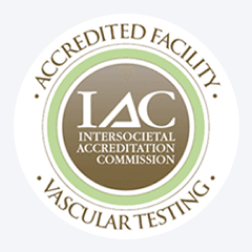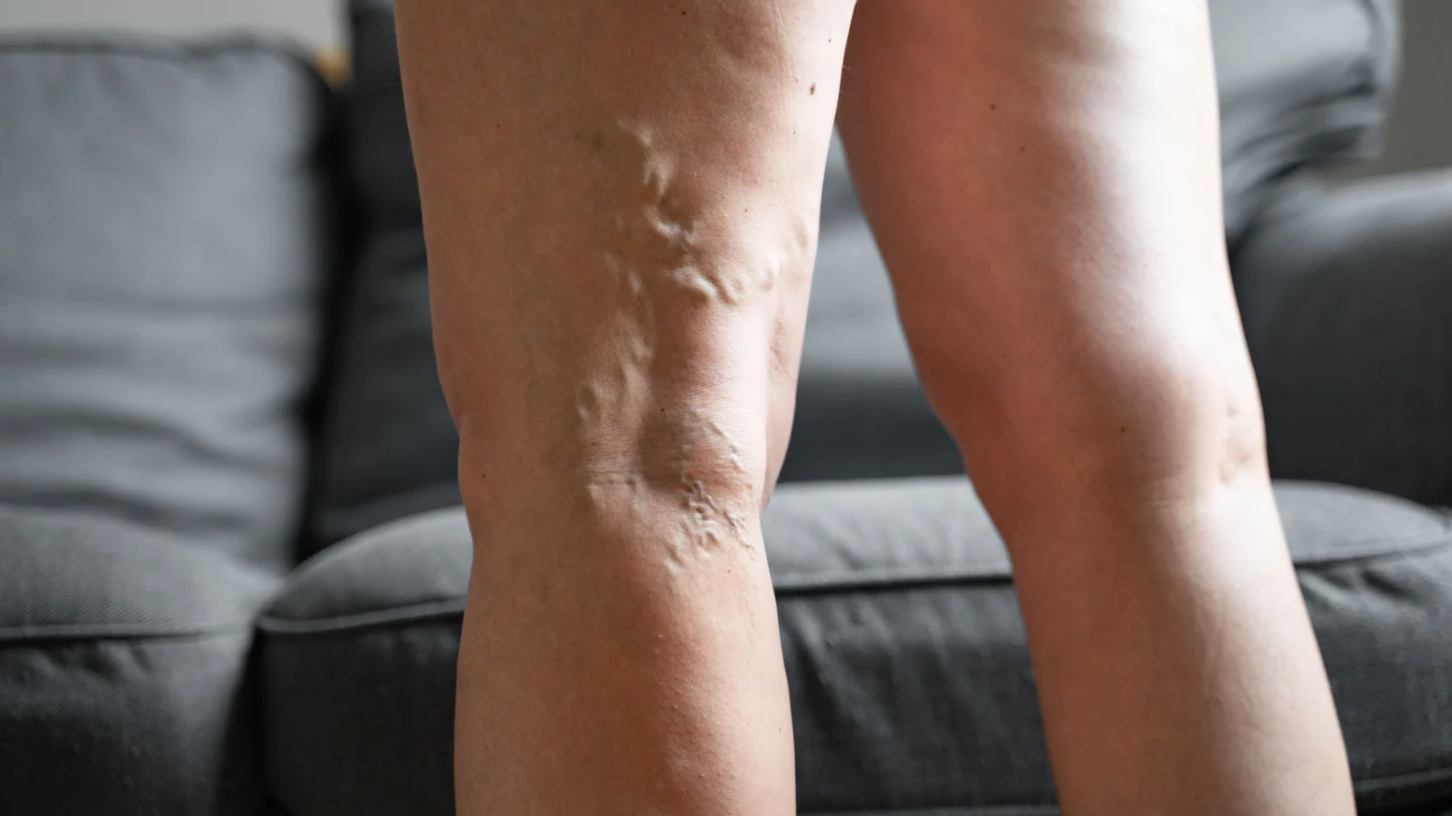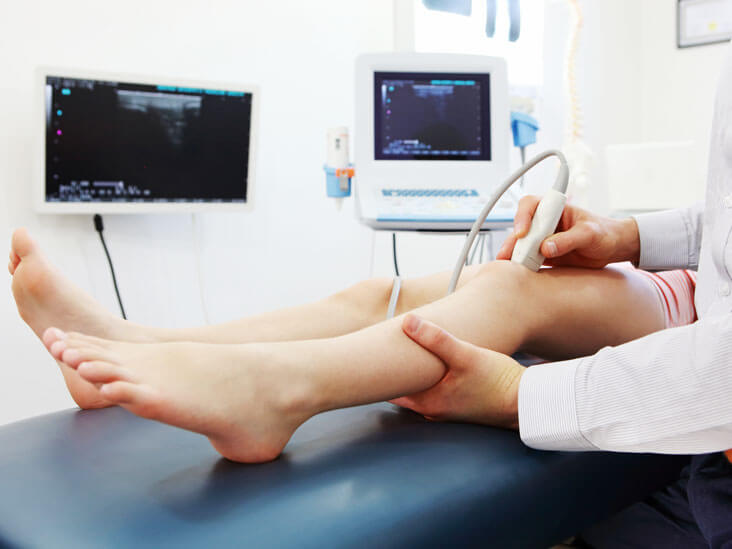Are Varicose Veins Dangerous?
Dangers of Untreated Varicose Veins Are you suffering from varicose veins? Noticed some blue and purple enlarged veins on your legs? Many try to conceal...
Read More
Varicose veins are enlarged, twisted veins that develop when the valves inside your veins weaken, allowing blood to pool and veins to bulge near the skin’s surface. Most commonly appearing in the legs, varicose veins can cause aching, heaviness, and visible swelling. While often seen as a cosmetic concern, they are a sign of underlying venous insufficiency, a circulatory condition that can worsen over time without treatment.
These symptoms may also be related to chronic venous insufficiency, an underlying vein disease that often causes varicose veins.


Varicose veins develop when vein valves, responsible for keeping blood flowing toward the heart, become weak or damaged. This causes blood to flow backward, known as venous reflux, and pool within the veins, creating visible bulges.
Contributing factors include:

A board-certified vein specialist will begin with a physical examination and a review of your symptoms and medical history.
To confirm the diagnosis and identify the extent of venous reflux, an ultrasound evaluation is performed. This noninvasive imaging test allows your provider to see how blood flows through your veins and pinpoint areas of malfunction.
At United Vein & Vascular Centers, all diagnostic testing is performed in-office using advanced ultrasound technology, ensuring an accurate and comfortable experience.

Our vein specialists offer minimally invasive, outpatient treatments designed to close off or remove diseased veins and restore healthy circulation.
Depending on your specific condition, your provider may recommend one or more of the following:
Most treatments are completed in less than an hour, require little to no downtime, and are covered by most major insurance plans.

Varicose veins most often develop in the legs because gravity makes it harder for blood to travel upward to the heart. When vein valves weaken, blood pools in the lower legs, leading to swelling and bulging veins.
While not always dangerous, untreated varicose veins can lead to complications such as skin discoloration, ulcers, or blood clots.
No. Varicose veins typically worsen over time without treatment, though early medical intervention can prevent progression.
Most patients report little to no discomfort during minimally invasive procedures, and local anesthesia is used when necessary.
Modern treatments address both the visible veins and the underlying reflux, minimizing recurrence when guided by a vein specialist.
Some mild cases improve after delivery, but persistent or painful veins often indicate venous insufficiency that requires treatment.
Most procedures are postponed until after childbirth, but conservative management like compression and elevation can help reduce symptoms safely during pregnancy.
It’s rare, but it can happen — especially with larger, untreated varicose veins in the legs or vaginal area. The increased pressure during labor may cause these veins to swell or, in uncommon cases, rupture. If this occurs, your healthcare team can manage the bleeding safely.
Treating varicose veins before future pregnancies can reduce your risk of complications and improve comfort during delivery.
In most cases, yes, varicose vein treatment is covered by insurance due to medical necessity.
Varicose veins do not usually mean you have a heart problem, and they are not considered a direct sign of heart disease. Varicose veins are caused by failing valves in the leg veins, chronic venous insufficiency.